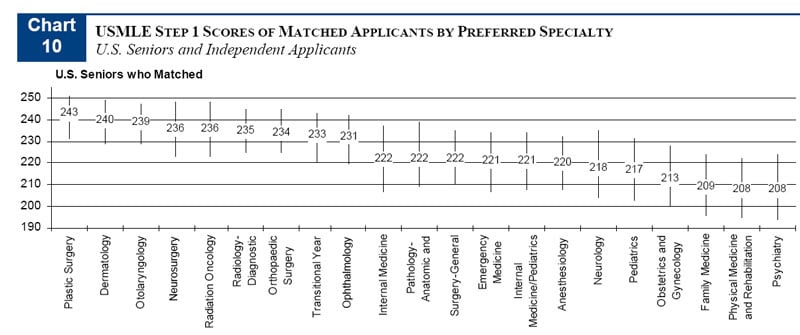- Joined
- Oct 11, 2007
- Messages
- 191
- Reaction score
- 0
I was reading something and the phrase "highly competitive specialties" came up. I've never heard about the competitiveness of specialties before.
-What specialties are highly competitive? Neonatology?
-What does "highly competitive" even mean? Is that referring to residency match criteria or something?
-How are you matched to a residency? Do you apply to them like med school or do they find you?
-Is it possible not to be matched?
I know that to be a neonatologist I have to do 3 years of residency and 3 years of fellowship after med school, but I am unclear about what these terms mean or how they come about. Basically, after the 2nd year of med school, my knowledge about what it takes to become a doctor becomes fuzzy.
-What specialties are highly competitive? Neonatology?
-What does "highly competitive" even mean? Is that referring to residency match criteria or something?
-How are you matched to a residency? Do you apply to them like med school or do they find you?
-Is it possible not to be matched?
I know that to be a neonatologist I have to do 3 years of residency and 3 years of fellowship after med school, but I am unclear about what these terms mean or how they come about. Basically, after the 2nd year of med school, my knowledge about what it takes to become a doctor becomes fuzzy.


